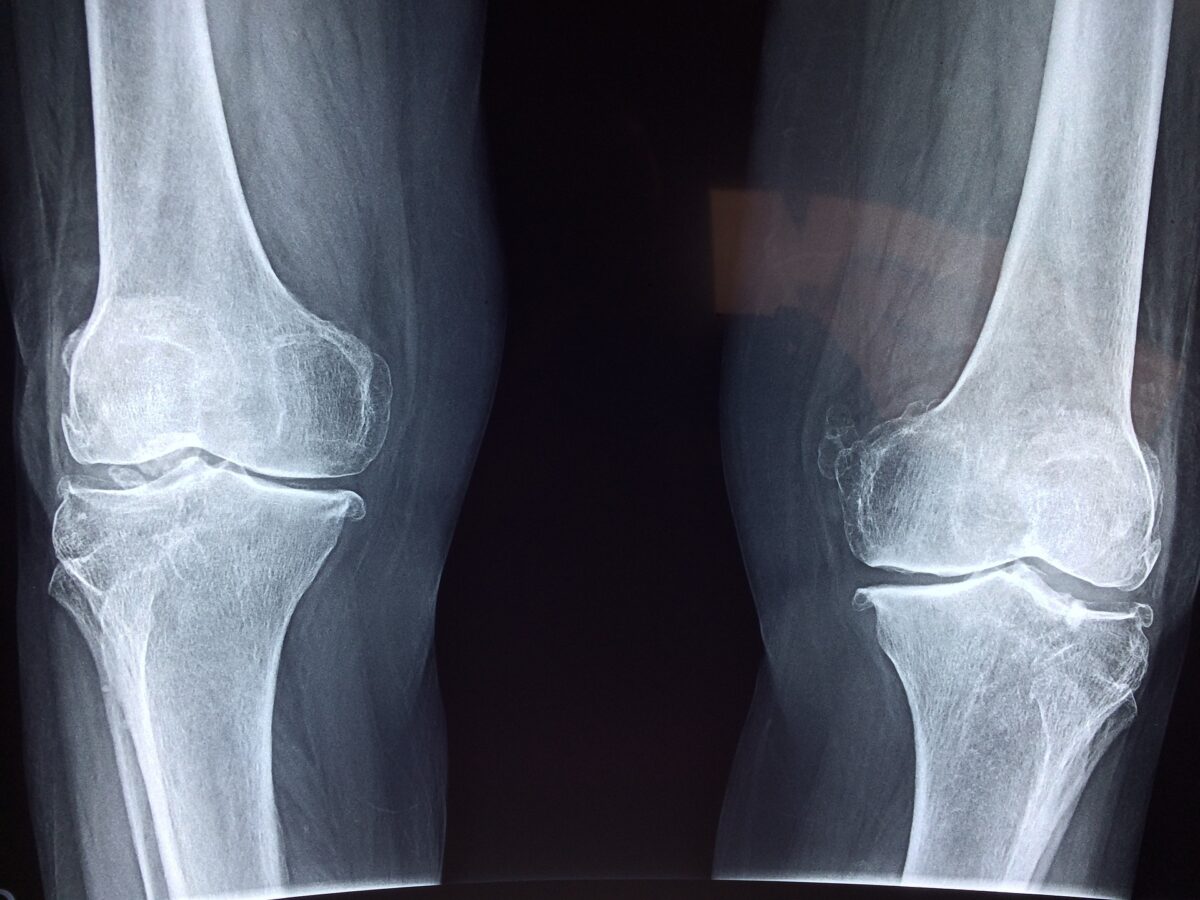Introduction
Maintaining healthy bones is crucial for everyone, regardless of age or activity level. From athletes striving to enhance performance, to the elderly aiming to prevent fractures, and health enthusiasts eager to stay fit, bone health plays a vital role in overall wellbeing. This blog post explores the importance of bone health, the process of bone growth, and ten powerful ways to stimulate bone growth naturally. By following these tips, you can ensure your bones remain strong and resilient throughout your life.

The Importance of Bone Health
Why Bone Health Matters
Bones provide structure, protect organs, anchor muscles, and store calcium. Poor bone health can lead to conditions such as osteoporosis, increasing the risk of fractures. Maintaining strong bones is essential for mobility and independence, especially as we age.
Who Needs to Focus on Bone Health?
Bone health is important for everyone, but certain groups need to pay extra attention. Athletes rely on strong bones to support their intense physical activities. The elderly need to prevent bone loss that can lead to fractures. Health enthusiasts benefit from maintaining bone density to support overall fitness.
Long-term Benefits of Healthy Bones
Strong bones contribute to better posture, improved balance, and a reduced risk of injury. Investing in bone health today can lead to a more active and pain-free life in the future. It’s never too early or too late to start focusing on your bones.
Understanding Bone Growth
How Bones Grow and Repair
Bone growth occurs through a process called ossification, where new bone tissue is formed. This process is most active during childhood and adolescence but continues throughout life. Bone remodelling, the replacement of old bone tissue with new, helps repair minor damages and maintain bone strength.
Factors Affecting Bone Growth
Several factors influence bone growth, including genetics, nutrition, physical activity, and hormones. While you can’t change your genes, you can optimize other factors to promote healthy bone growth and maintenance.
Signs of Poor Bone Health
Symptoms of poor bone health include frequent fractures, back pain, loss of height, and a stooped posture. If you experience these signs, it’s crucial to take steps to improve your bone health immediately.

10 Ways to Stimulate Bone Growth
1. Eat a Balanced Diet Rich in Calcium and Vitamin D
Calcium is a building block of bone tissue, and vitamin D helps your body absorb calcium. Include dairy products, leafy greens, and fortified foods in your diet. Spend time in the sun or take supplements to ensure adequate vitamin D levels. It is also important to check your blood levels of vitamin D regularly. Low vitamin D can effect bone density as well as immune function.
2. Engage in Weight-Bearing Exercises
Exercises such as walking, jogging, and weight lifting stimulate bone formation. These activities apply stress to bones, encouraging the production of new bone tissue. Aim for at least 30 minutes of weight-bearing exercise most days of the week.
3. Incorporate Strength Training
Strength training exercises, like resistance bands and lifting weights, build muscle mass and strengthen bones. Focus on exercises that target major muscle groups, and gradually increase the intensity as your strength improves.
4. Consume Adequate Protein
Protein is essential for bone repair and growth. Include sources of protein such as lean meats, fish, eggs, and plant-based options like beans and lentils in your diet. Ensure you’re getting enough protein to support your bone health.
5. Avoid Excessive Alcohol and Smoking
Both alcohol and smoking can weaken bones and increase the risk of osteoporosis. Limit alcohol consumption to moderate levels and quit smoking to protect your bone health. These lifestyle changes can have a significant impact on bone strength.
6. Maintain a Healthy Body Weight
Being underweight or overweight can negatively affect bone health. Aim for a balanced diet and regular exercise to maintain a healthy weight. This not only benefits your bones but also overall health.
7. Get Regular Health Screenings
Routine check-ups can help detect bone density issues early. Discuss bone health with your doctor and get recommended screenings, especially if you’re at higher risk for osteoporosis. Early intervention can prevent serious bone problems. Nutrient panels done by a functional medicine doctor or Naturopathic Doctor can test for deficiencies.
8. Add Omega-3 Fatty Acids to Your Diet
Omega-3 fatty acids support bone health by reducing inflammation and promoting bone formation. Include sources like fish, walnuts, and flaxseeds in your diet. Consider omega-3 supplements if needed.
9. Ensure Proper Hormone Levels
Hormones such as estrogen and testosterone play a role in bone density. Discuss with your doctor if you suspect hormonal imbalances. Hormone replacement therapy or other treatments may be necessary to maintain healthy bones.
10. Practice Good Posture and Ergonomics
Good posture reduces the risk of bone and joint problems. Pay attention to your sitting and standing posture, and use ergonomic furniture to support your spine and joints. Simple adjustments can make a big difference in bone health.
Conclusion
Investing in your bone health is a lifelong commitment that pays off in numerous ways. By following these ten strategies, you can stimulate bone growth, enhance bone density, and protect yourself from fractures and bone-related conditions.
Remember, strong bones support an active and fulfilling life, whether you’re an athlete, an elderly individual, or a health enthusiast. Start implementing these tips today and take the first step towards healthier bones.
For personalized bone health plans and professional advice, consider consulting a healthcare provider. Share this post with friends and family to spread the importance of bone health.
Additional Resources
- National Osteoporosis Foundation: Comprehensive information on bone health and osteoporosis prevention.
- Mayo Clinic: Expert advice on calcium and vitamin D intake.
- WebMD: Tips on maintaining a healthy weight for bone health.
By integrating these practices into your daily routine, you can ensure your bones stay strong and resilient, supporting you in all your activities and adventures.



